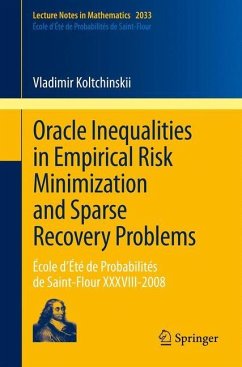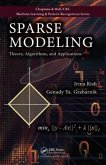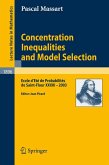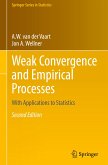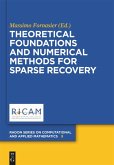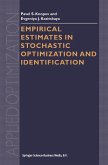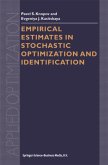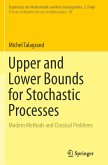The purpose of these lecture notes is to provide an introduction to the general theory of empirical risk minimization with an emphasis on excess risk bounds and oracle inequalities in penalized problems. In recent years, there have been new developments in this area motivated by the study of new classes of methods in machine learning such as large margin classification methods (boosting, kernel machines). The main probabilistic tools involved in the analysis of these problems are concentration and deviation inequalities by Talagrand along with other methods of empirical processes theory (symmetrization inequalities, contraction inequality for Rademacher sums, entropy and generic chaining bounds). Sparse recovery based on l_1-type penalization and low rank matrix recovery based on the nuclear norm penalization are other active areas of research, where the main problems can be stated in the framework of penalized empirical risk minimization, and concentration inequalities and empirical processes tools have proved to be very useful.
From the reviews: "The book is an introduction to the general theory of empirical risk minimization with an emphasis on excess risk bounds and oracle inequalities in penalized problems. ... The book is interesting and useful for students as well as for professionals in the field of probability theory, statistics, and their applications." (Pavel Stoynov, Zentralblatt MATH, Vol. 1223, 2011)

